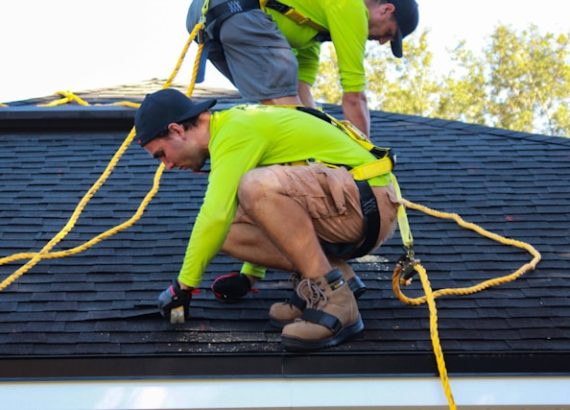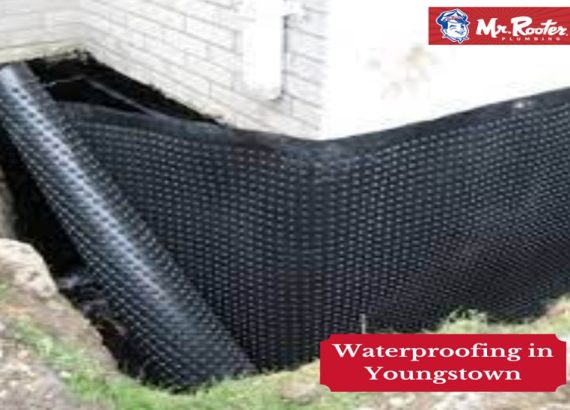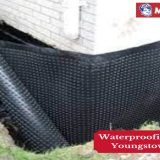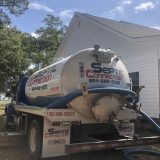Essential Tips For Septic System Care

For Jonesboro residents to save money on repairs and extend the life of their septic systems, it is essential to maintain a good septic system. Maintaining septic pumping in Jonesboro is one of the most crucial parts of septic system.
In this blog post, our professionals from Rooter Septic Services will discuss crucial advice for homeowners to preserve the best possible health for their septic systems and talk about the need of septic pumping for trouble-free system maintenance.
Table of Contents
Understand Your Septic System
It’s important to have a basic understanding of how your septic system operates before diving into maintenance advice. A drain field and a tank make up a septic system. Your home’s wastewater enters the tank, where liquids flow down the drain field and solids settle at the bottom. It takes routine maintenance to avoid backups, blockages, and system failure.
Regular Septic Pumping
One essential component of maintaining a septic system is septic pumping. Solid waste builds up in the septic tank over time, sometimes causing blockages and system failures. It is crucial to hire experts for septic pumping in order to remove these stored materials and stop them from harming the system. Frequent pumping, usually performed every three to five years, keeps the system operating efficiently and avoids unpleasant problems like backups and bad smells.
Water Conservation
Water conservation is not only good for the environment, but it’s also essential to your septic system’s health. Overusing water can strain the system and impede the septic tank’s natural bacterial breakdown processes. Adopting water-saving practices, such as quickly repairing leaks, utilizing high-efficiency appliances, and distributing laundry loads throughout the week, can make a big difference in your septic system’s ability to operate properly.
Mindful Disposal of Household Waste
Your septic system’s health can be directly impacted by what you flush down the toilet. Wipes, sanitary goods, and large volumes of toilet paper are examples of non-biodegradable materials that should not be flushed since they can cause clogs and backups. Furthermore, watch what you put in the kitchen sink. Blockages can occur in the septic tank due to the solidification of oils and grease. Choose appropriate disposal techniques, including composting or using dedicated trash cans, to keep your septic system from being overworked.
Regular Inspections
The secret to finding and fixing possible problems before they become serious ones is to conduct routine inspections. Employing experts to do regular septic system inspections in Jonesboro can assist detect wear and tear, leaks, and other issues early on. Early discovery enables prompt fixes, averting later, more costly, and severe issues. Before big events like home additions or renovations, inspections are very important to make sure your septic system can handle the extra load.
Proper Landscaping
The effectiveness of your septic system might be affected by its location and the surrounding landscaping. Large shrubs and trees shouldn’t be planted close to the drain field or septic tank since their roots can damage the system. Instead, use grass or plants with shallow roots to preserve the soil’s structural integrity around the septic system’s components.
Conclusion
In order to prevent the discomfort and financial burden of septic system failures, Jonesboro homeowners must take preventative measures to maintain their septic system. To guarantee the longevity and effectiveness of your septic system, prioritize routine septic pumping in Jonesboro, conserve water, dispose of household waste appropriately, carry out routine inspections, and maintain appropriate landscaping. You can have a trouble-free, dependable septic system that serves your home for many years to come by paying attention to these important guidelines.












